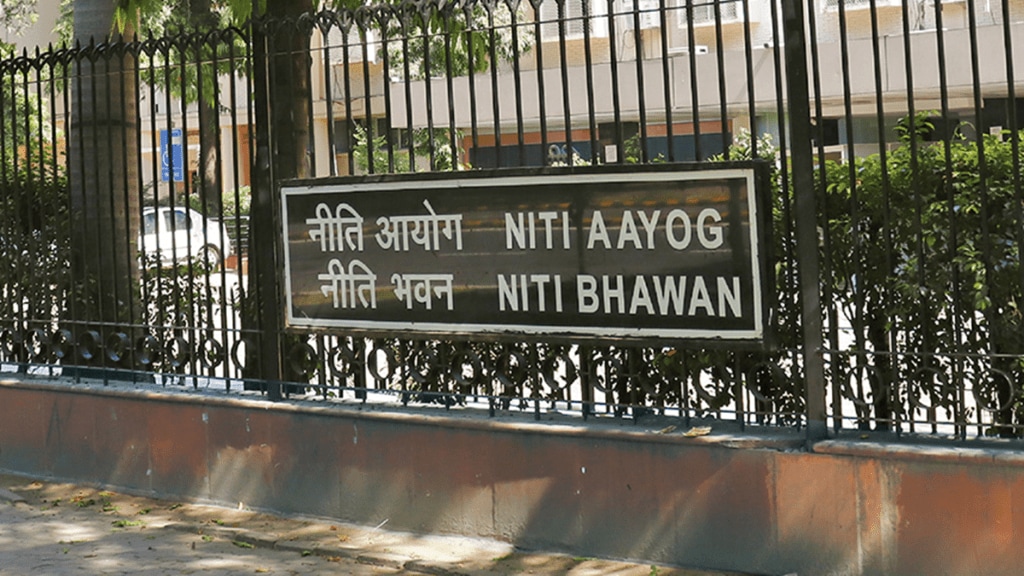Top government think-tank NITI Aayog has proposed a national mission to create an ecosystem that will make AI accessible, affordable, and impactful for the 490 million informal workforce to achieve the goal of a developed nation by 2047.
In a shift from AI discussions centred on white-collar job losses, the NITI study ‘AI for Inclusive Societal Development’, developed in partnership with Deloitte, shifts the spotlight to the informal sector, which contributes nearly half of India’s GDP yet remains excluded from formal systems of protection, opportunity, and productivity.
The report argues that frontier technologies like AI, blockchain, robotics, IoT, and immersive learning can transform low-productivity, insecure livelihoods into dignified, high-value opportunities—if deployed inclusively.
Bridging the Income Gap for Viksit Bharat
The roadmap underscores the high cost of delay: at the current trajectory, informal workers’ average annual income will stagnate at $6,000 by 2047—far below the $14,500 target necessary to secure high-income status for India. Immediate, coordinated action is essential to avoid leaving millions behind and weakening India’s growth story.
Strategic Pillars of Mission Digital ShramSetu
It suggested driving large-scale technology adoption across India’s informal trade workforce through a centrally anchored mission, Digital ShramSetu to ensure focused leadership and coordinated action across a fragmented stakeholder ecosystem and clear accountability across institutions, implementers and citizen-facing networks.
It outlined key strategic actions to operationalise the mission effectively: enable a federated trust and credentialing ecosystem and develop a federated trust model to enable entities such as training providers, gig platforms, employers and government bodies to issue verifiable work and skill credentials, with real-time updates through standardised protocols.
It also suggested extending IndiaStack with open-source trust and verifiability layers and promote credential usage through tax and compliance incentives.
Similarly, policymakers should encourage innovation and incentivise adoption of frontier technology; support startups developing frontier technology-based solutions through grants, tax breaks, regulatory sandboxes, Research & Development (R&D) incentives and public procurement pathways.
In view of the Mission’s transformative objectives and its direct relevance to over 490 million informal workers across diverse sectors and geographies, it is proposed that the apex implementation body be chaired by the Prime Minister, with representation from key ministries, departments, and cross-sectoral stakeholders.


